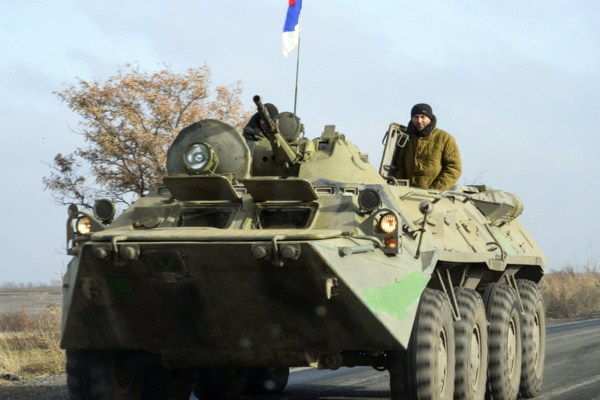There were signs of easing tensions in some parts of the international system last week, but warnings of deepening crises on other fronts. It emerged that U.S. President Barack Obama had sent a private letter to Iran’s supreme leader, Ayatollah Ali Khamenei, urging greater cooperation in the fight against the so-called Islamic State (IS) in Iraq. China and Japan agreed to step back from confrontation over the Senkaku Islands, claimed by Beijing as the Diaoyu. But Ukraine accused Russia of new military incursions on its territory, increasing the chances that the parlous cease-fire in the east of the country will totally collapse.
It is tempting to scrutinize such developments for clues about the shape of a new world order. Perhaps China and Iran will evolve into reliable allies for the West, an optimist might infer, while Russia will inevitably isolate itself through its bellicosity.
Such strategic speculations do not really add up. Instead, complex diplomatic overtures, political compromises and military forays are likely to be the “new normal” of a disorderly world. The hallmark of this period could very well be its fluidity.

